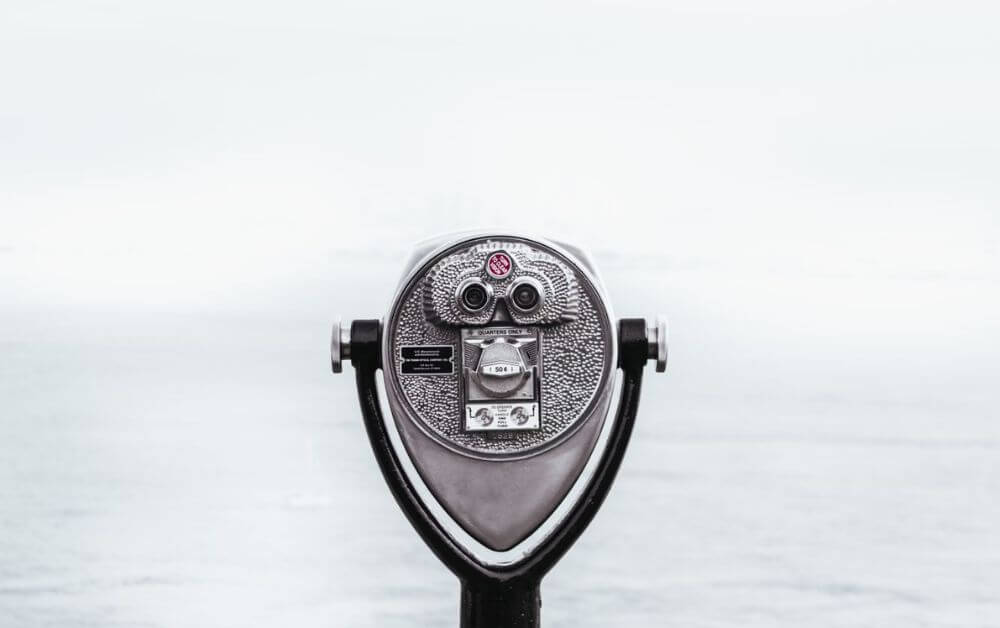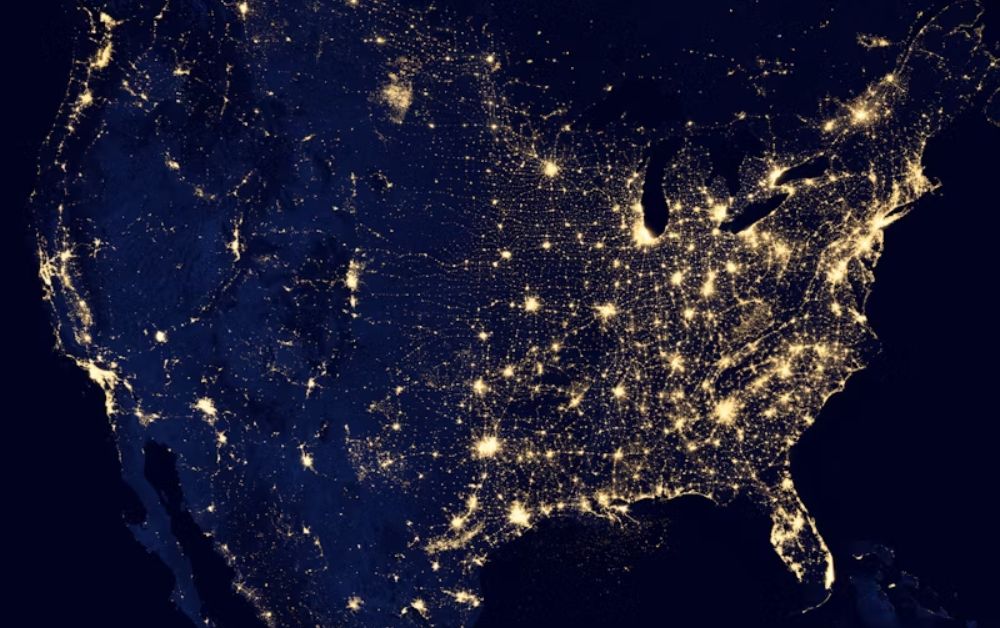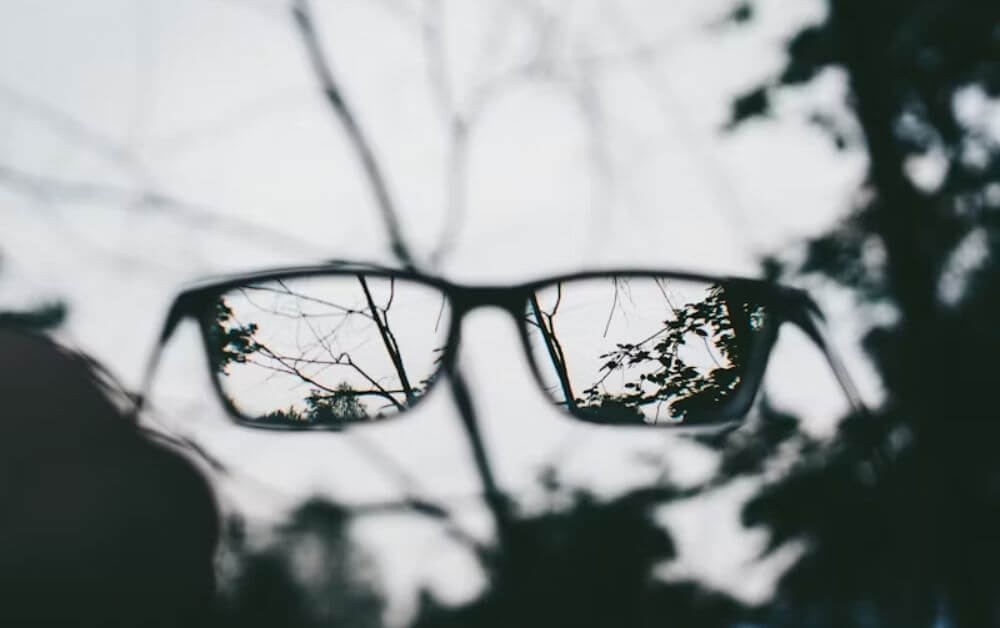Today’s insights are brought to you by my colleague and leadership thinker, Keith Coats.
In this week’s insights, we’re resharing one of Keith’s recent articles which is all about how the world we interact with everyday is shaped by who we are and our own lenses. If the world we understand is informed by who we are and what we know, we should endeavour to diversify the knowledge we have, the people with whom we work and interact in order to expand our worlds to include more than just our preconceived beliefs.
Read the full article below:
The reality is, that we don’t see the world as ‘it is’ but rather as ‘we are’. How we see the world is filtered through our multiple lenses that shape and impact how we interpret the world around us. Embedded in our lenses are multiple biases, both known and unknown, biases that shape our understanding of the information that surrounds us.
The work of ‘self-awareness’ is the deliberate effort to understand, and in some cases ‘free’ ourselves, from these biases. Understanding the lenses through which we see the world around us is fundamental to this essential work. There can be no emotional intelligence without investing in the task of becoming more self-aware.
There are multiple lenses, some fixed and others that are more transient in nature. Some of these lenses include gender, age, ethnicity, class, education, physicality, personality, culture, language and religion. Inherent in many of these lenses is a sense of ‘right and wrong’ or a prevailing sense of ‘normal.’ When we encounter behaviours or attitudes that don’t subscribe to our sensibilities we are met with a challenge or an opportunity to be found.
This topic (our lenses and our inherent biases) is a complex subject. It is something that has been researched and written about a great deal in disciplines from psychology to cultural anthropology. However complex the subject, some relatively easy first steps can be taken along this lifelong journey.

Step One:
Think about your most dominant lenses through which you see and interpret the world. There are many more ways to see the world and make meaning for one’s self, but this is a preliminary list.
From the list below try to determine which might be the three lenses that most shape how you see the world:
- Language
- Culture
- Gender
- Age
- Personality
- Sexuality
- Race & Ethnicity
- Religion
- Education
- Class & Socio-economic status
- Disability
Step Two:
Think of a situation you have encountered where some intense emotions were experienced and then consider the part these three lenses played in how you experienced this situation. In other words, re-examine this situation by looking at it a little more objectively and considering how these lenses may have shaped how you saw and responded to the situation you have identified.
Step Three:
Consider how different things might have been (in the situation identified) were you to have experienced it through three completely different lenses e.g. changing your age, gender and religion.
Of course, this is hard to think about but it starts to build an alternative perspective for your consideration. It helps to create a different way to process the particular situation you have in mind. It is seeing something through the eyes of ‘The other’ person.
It might help to have someone else to discuss this with; someone who perhaps represents some of the alternative lenses you have chosen to ‘see through’.
Use the conversation to ask questions (as to how they might have seen things) and to listen. This isn’t an opportunity to justify or rationalise your own default setting in the situation, but an opportunity to expand your understanding of the world and others.
Step Four:
Keep a daily journal for one week in which you reflect on judgements you make (or even think) and explore how your lenses are shaping these judgements. This is an exercise in raising the levels of your awareness of the role that your lenses are playing all the time every day.
A final thought:
Try to catch yourself in moments when you feel strongly about something and ask yourself ‘Why do I feel this strongly?’
This isn’t grounds to justify to yourself why you reacted the way you did but rather creating an opportunity to explore if there were things at play that led to your reaction in the first place; things that you might consider changing in the future.
Learning to create such a ‘pause’ in these moments is an important way to begin to learn from them rather than become trapped by your responses and reactions. It is never easy extracting our emotions from such situations and so use your emotions to better understand the ‘why’ that invited them into the situation in the first place!
Empathy dictates that we see and feel things from alternative perspectives. Building our capacity to do so is essential if we are to develop emotional intelligence.
Our unwillingness or inability to explore our own lenses and inherent biases will ensure that we remain trapped and unable to grow beyond our limiting orthodoxies and inhibiting perspectives.

This is why travel – being exposed to the norms and conventions of those unlike us — is so valuable in this quest to grow beyond ourselves. Mark Twain (Samuel Clemens) recognised this when he wrote, “Travel is fatal to prejudice, bigotry, and narrow-mindedness, and many of our people need it sorely on these accounts. Broad, wholesome, charitable views of men and things cannot be acquired by vegetating in one little corner of the earth all one’s lifetime.”
Understanding how we see the world, and through which lenses our orthodoxies, opinions and world views are informed is the first step in understanding and changing our judgements. It becomes the gateway to identifying our own blind spots and generates the capacity for growth, empathy and openness.
If you’d like to connect with Keith on specific ways in which you and your team can expand your worldviews and cultural dexterity, please feel free to connect with him on LinkedIn here or let us know and we’ll be more than happy to set up some time for you to connect with him.
Keith Coats is a founding partner of TomorrowToday Global and leadership specialist. He is now based in Cape Town, South Africa having relocated from London towards the end of 2021. Keith works with blue chips companies and in multiple business school leadership programmes worldwide helping senior leaders prepare today for the challenges and threats of tomorrow…and sometimes, the ‘day after tomorrow’.
Recently Keith’s travel has included working throughout the UK, the USA, Saudi Arabia, Dubai, Abu Dhabi, Germany, Switzerland, Singapore, and of course, South Africa.


